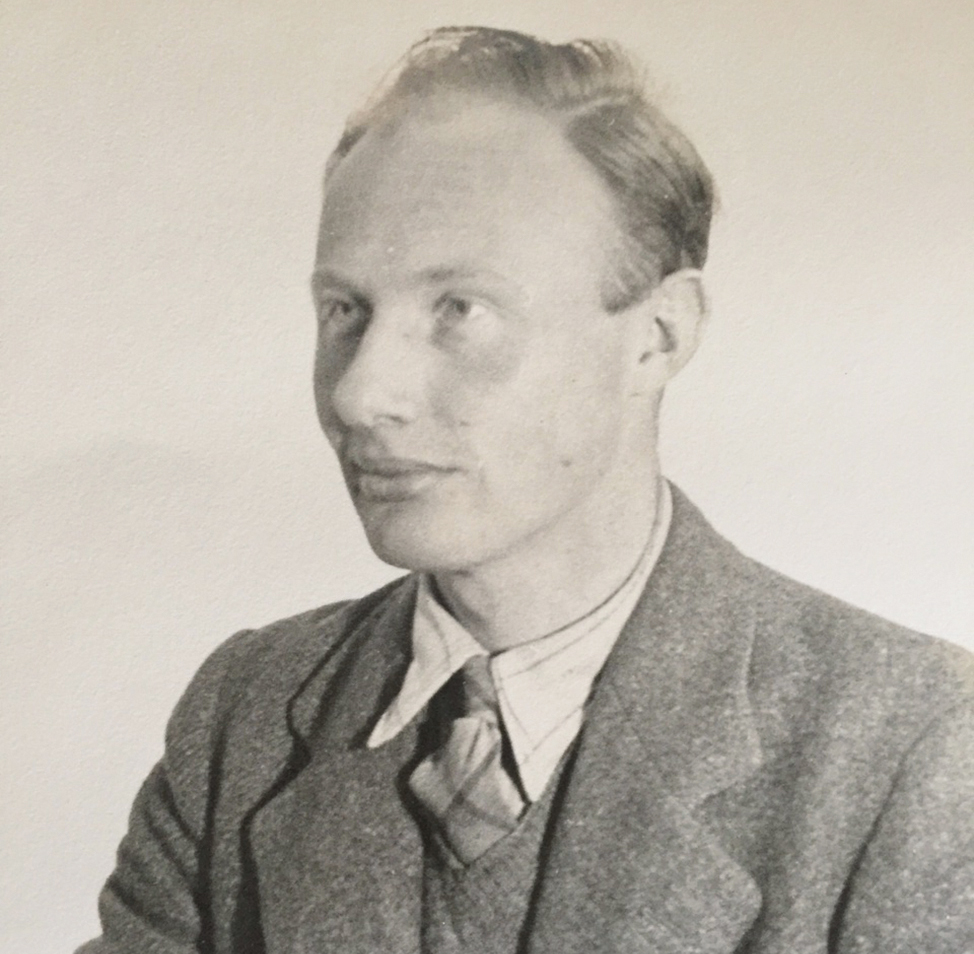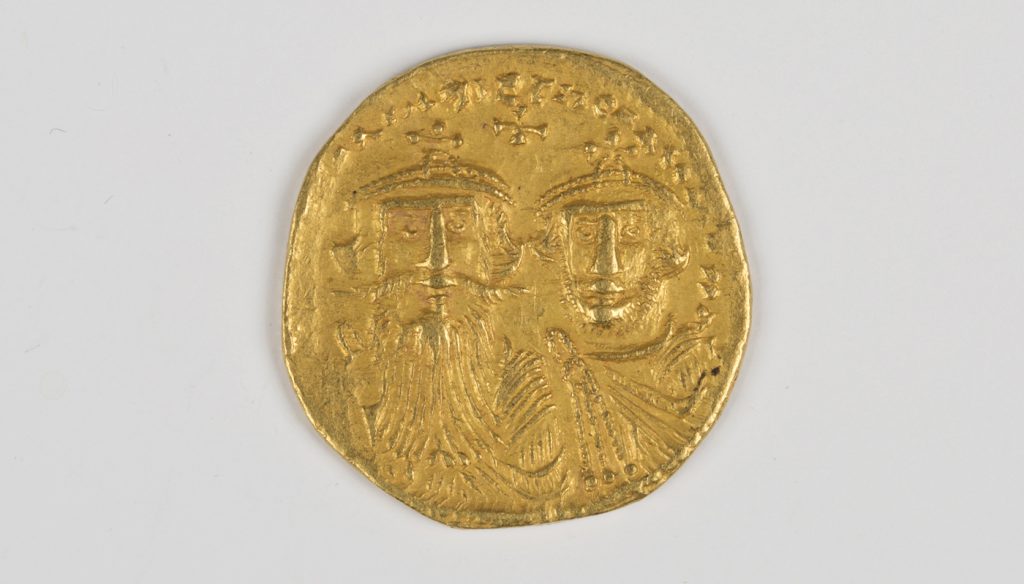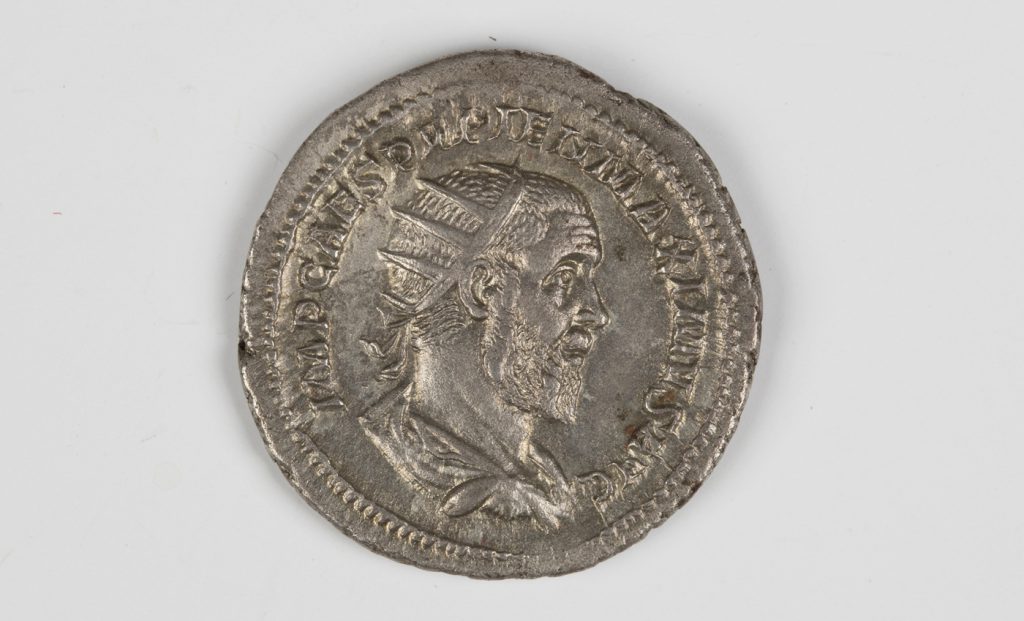
Fred Clark, as he was always known, was born to publicans in South London. Sometime later, the whole family moved to Seaford in East Sussex.
Fred’s greatest passion in life was collecting and, following the family move, he loved nothing more than field-walking in Seaford and on the Peacehaven Downs. These areas were rich in fossils and prehistoric flints. Such was his passion for collecting that he would, on occasions, ride all the way to Suffolk on his BSA Bantam motorbike, following in the footsteps of his predecessor Dr William Allen Sturge and those of his great friend, the collector Dr Hugh Fawcett, who was well-known for his lithic collections.

Once again the family moved, this time to Woking in Surrey, and in the 1960s Fred decided to open a shop in nearby Guildford selling collectables. These included fossils, minerals, prehistoric tools and coins. His shop was to become very popular with collectors and he continued to trade there until he retired in the mid-1980s.
Following his retirement, he moved to Worthing, where he stayed for many years until he sadly passed away following a short illness.

Fred Clark was meticulous with recording. Every artefact he found would be written on with a location and his monogram ‘FC’, which remains well-known by academics and collectors to this day.
Fred formed his coin collection predominantly during the 1960s and 1970s.